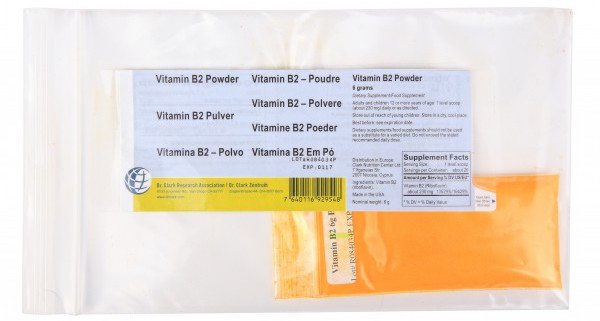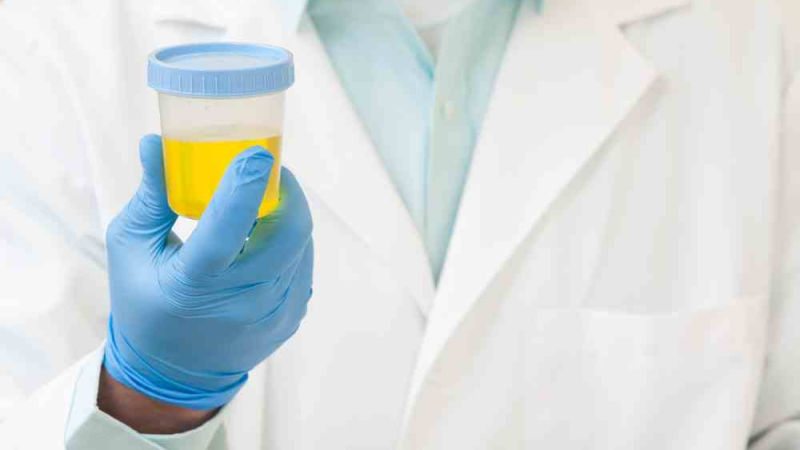I was drifting through some fitness forums the other day when I came across a number of threads regarding vitamins. What I saw served to remind me why forums are largely dead. Good riddance! What a shocking display of stupidity and the inability to use Google…
That said, the questions I saw were legitimate. The answers were a waste of time and oxygen we will never recoup. So to that end, I wanted to answer a question I saw on these boards quite frequently.
“Why does my urine turn bright yellow when I take multivitamins?”
The good news is that you’re not a mutant and you’re not going to get cancer! Actually, there is no bad news here. That bright yellow color is actually the pigment from Vitamin B2 (riboflavin). Many sources say that any vitamin containing 5mg/tablet of B2 will cause yellow urine. The reason is simple. When B2 is isolated and extracted, it comes with pigments that are, as you can see, a yellow orange color. Depending on the source used, this can be a little more green than orange or very dark orange. On the other hand, non-extracted vitamins like what you will find in liver, shellfish, egg and dairy will not change the color of your urine at all.

Riboflavin is one of eight B-vitamins. The B-vitamin family helps to convert carbohydrates into glucose used as fuel by our bodies. They also assist in the metabolism of fats and proteins and are very important for maintaining the health of the liver, skin, hair and eyes. They are also critical for proper function of the entire nervous system. Riboflavin specifically functions as an antioxidant and fighting the damage caused by free radicals which can damage the cells and the DNA leading to accelerated aging. It is also a critical element in the production of new red blood cells. Riboflavin is needed to help the body to metabolize B3, B6, B9, iron and zinc.
All B-vitamins are water soluble, meaning that the body doesn’t store them as is true for fat soluble vitamins. That means we must get our B2 from the foods we eat. The average person eating a diet with plenty of meat, eggs and dairy will not have a deficiency unless they are elderly, an alcoholic or are training very hard or under a lot of stress. Obviously a poor diet will lead to deficiencies in riboflavin. Additionally, certain health conditions, medications and drugs severely impact the absorption and utilization of riboflavin.
Symptoms of riboflavin deficiency include the following:
- Fatigue
- Slowed growth or wound healing
- Digestive problems
- Cracks and sores around the corners of the mouth
- Eye fatigue
- Swelling and soreness of the throat
- Sensitivity to light
Regarding what exactly that yellow urine is, technically it’s your body excreting excess riboflavin. Yes that technically means that you’ve taken in more than you need. Because riboflavin is water soluble and excreted in the urine it is impossible to overdose on. This dose issue can be a little interesting though… When I spoke earlier about the average person getting enough B2 in their diet, it seems more and more common that this isn’t exactly true. You see, if you are supplementing and any excess is excreted, then we observe an interesting phenomenon. Most people I have consulted share my experience. Specifically that their urine doesn’t change for a day or two after not taking a B-vitamin for a long period of time. This would seem to indicate a significant deficiency because it takes 1-3 days to see a change in urine color. That leads me to believe that deficiency is more common than previously assumed.
Another curious thing is observed when examining the medical uses of riboflavin. As we learn more about neurotransmitters and the effects of stress on the nervous system, we are seeing that massive doses of B vitamins are essential therapies for restoration of proper nerve and brain function. This is something the USSR experimented with very successfully with in their special operations forces. Their research led them to advocate consistent high dose B-vitamin supplementation for all SOF operators and athletes, especially during combat and competition. We also see massive benefits for migraine patients to the tune of 400mg per day!
The conclusion that most researchers have is that while you may be excreting “excess” B2, there is clearly more going on than meets the eye. For example, migraine patients cut their migraine occurrence by half when taking 400mg of B2, but they are absolutely experiencing neon yellow urine! This alone is proof that there is a benefit to higher doses even if you are excreting some.
In conclusion, don’t worry about the neon yellow or taking doses as high as 100mg when under large amounts of physical, psychological or emotional stress. Otherwise, as little as 5mg is adequate. Always take your B-vitamins after food for best absorption.


